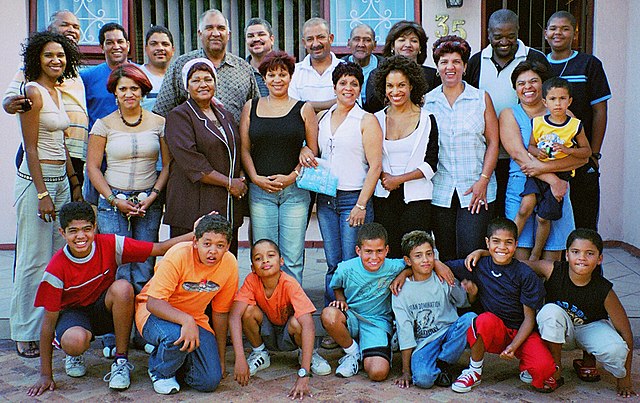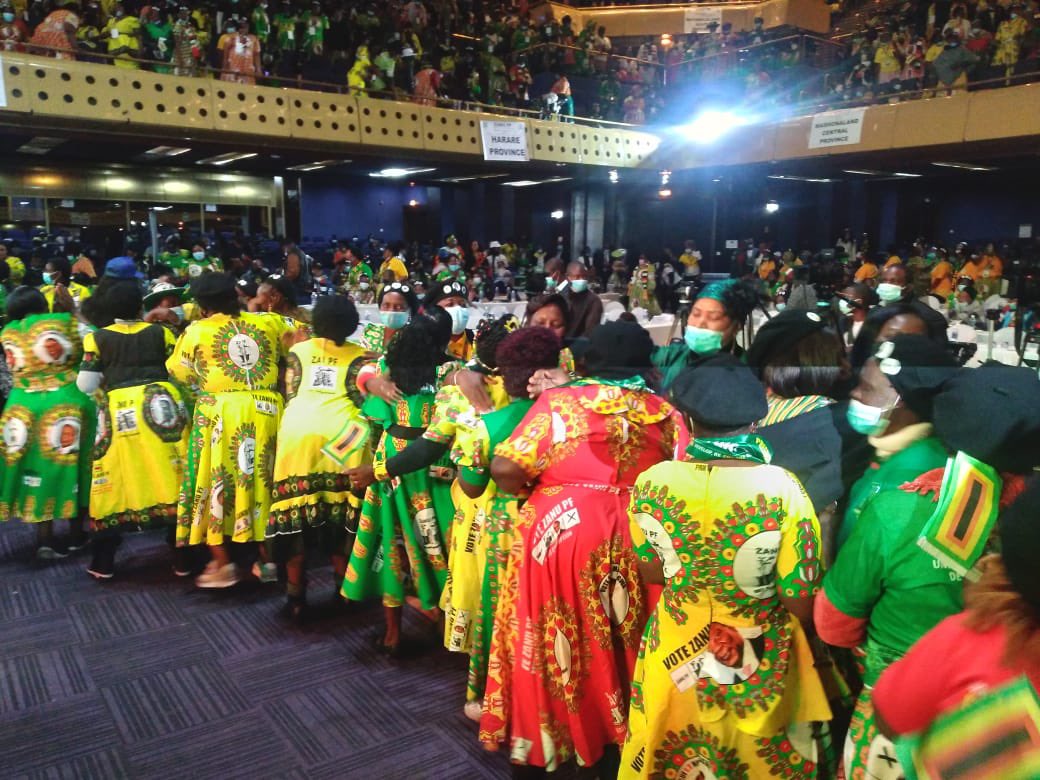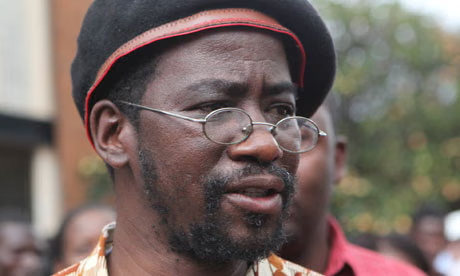In an unfolding diplomatic dispute that is drawing international attention, the African Forum for Cultural Diplomacy (AFFCD) has called on Zimbabwean President Emmerson Mnangagwa to secure the immediate release of former Foreign Affairs Minister Dr. Walter Mzembi, citing concerns over alleged violations of diplomatic norms and human rights.
In formal correspondence dated September 11, the London-based AFFCD—an international cultural diplomacy body led by Dr. Mzembi—urged the Zimbabwean government to reconsider its position ahead of his next court appearance, scheduled for September 25 at Harare’s Rotten Row Magistrates Court.
“Given Dr. Mzembi’s role as a messenger of peace and cultural diplomacy, we believe he should have been granted immunity,” wrote Pardon Tapfumanei, Secretary General of the AFFCD, in a letter addressed to President Mnangagwa. The organization cited the former minister’s role in advancing peace-building, education, and pan-African cultural diplomacy as grounds for his release.
The AFFCD also requested an official audience with the president, stating that the matter touches on “gravity and concern,” and should be resolved “in a manner that upholds the principles of justice, diplomacy, and human rights.”
Dr. Mzembi, once seen as a reformist voice within the ruling party, has remained a polarizing figure in Zimbabwe’s post-Mugabe political era. His arrest, whose details remain murky, has rekindled debates around the treatment of former officials and the fine line between legal accountability and political reprisal.
Government officials have remained tight-lipped about the case. Efforts to reach the Ministry of Justice and the Office of the President for comment were unsuccessful at the time of publication.
Legal analysts say the question of whether Dr. Mzembi qualifies for diplomatic immunity is not merely symbolic. “If Mzembi was engaged in internationally recognized diplomatic work, this could open a broader legal conversation,” said a Harare-based constitutional lawyer who declined to be named for fear of reprisal.
But not all observers are convinced.
Critics argue that invoking diplomatic immunity post-service sets a dangerous precedent. “No one is above the law. If there are charges to answer, they must be heard in court,” said one political analyst. “Cultural diplomacy cannot be used as a shield for avoiding legal scrutiny.”
For now, the AFFCD maintains that Dr. Mzembi’s arrest threatens the very ideals of diplomacy it seeks to uphold.
“We’re not just defending a man—we are defending a principle,” said Tapfumanei. “Africa’s diplomats must not become victims of political circumstance.”
As Zimbabwe prepares for yet another politically sensitive court date, the case has once again placed the country’s rule-of-law credentials under the microscope.










